-
Strategy
At Bergner, we promote a management model based on the principles of transparency, ethics, and integrity, which guides each of our decisions and actions. This approach allows us to move forward consistently towards our business objectives, while always maintaining our commitment to our values, our identity, and a way of working that is grounded in responsibility and sustainability.


Decalogue of environmental, social and corporate governance criteria (ESC) which guides the company's decision-making process.

Strategy and basic principles of action regarding CSR.
At Bergner, we have a strong commitment to regulatory compliance, of our internal regulations. If you believe there has been any irregular behaviour or behaviour contrary to these regulations, you can inform us confidentially via our complaints channel.
The Complaints channel’s aim is to receive, retain and handle complaints about irregularities or breaches of regulations, committed by employees or companies belonging to the group. It is a confidential channel of communication between customers, suppliers, shareholders, etc., linked to Bergner.
It is possible to report any potential irregularity or breach related to poor financial, accounting, commercial practices or regarding regulatory compliance committed by employees or companies belonging to the group.
All complaints can be submitted online: https://www.coloriuris.net/canal-denuncias/formulario/bergnereurope.

Only the director of the company performance team who leads the SA8000 will have access to the complaints, and will guarantee the following rights are respected.
Confidentiality
The duty of secrecy will be kept regarding the existence of the complaint.
Anonymity
The complainant will not be forced to identify themselves.
Reprisals
No individual will be subject to any type of reprisal as a result of reporting any incident.

Bergner’s course of action to improve its internal processes.

It confirms and ratifies the commitments already expressed by Bergner to reach the highest ethical standards, in accordance with the applicable legal provisions and the Universal Declaration of Human Rights by the United Nations and the Conventions of the International Labour Organisation (ILO).

Our environmental policy is based on the principles of prevention, continuous improvement, and shared responsibility. We implement actions aimed at minimizing the environmental impact of our operations, products, and supply chain, promoting the efficient use of resources and applying sustainability criteria at every stage of our activity.

The purpose of this policy is to establish the guidelines that define the behavior of our company, in accordance with our commitment to promote best practices in the purchase of goods through responsible and sustainable management.

Bergner has developed a business model that places the customer and customer satisfaction at the core of its activity, defining a customer relationship policy and establishing general principles of action.

We pay particular attention to human rights issues and working conditions in its supply chain in countries with the highest risk of human rights violations. In assessing the risk of supplier countries, we use amfori's Country Risk Classification, based on the World Governance indicators published by the World Bank.
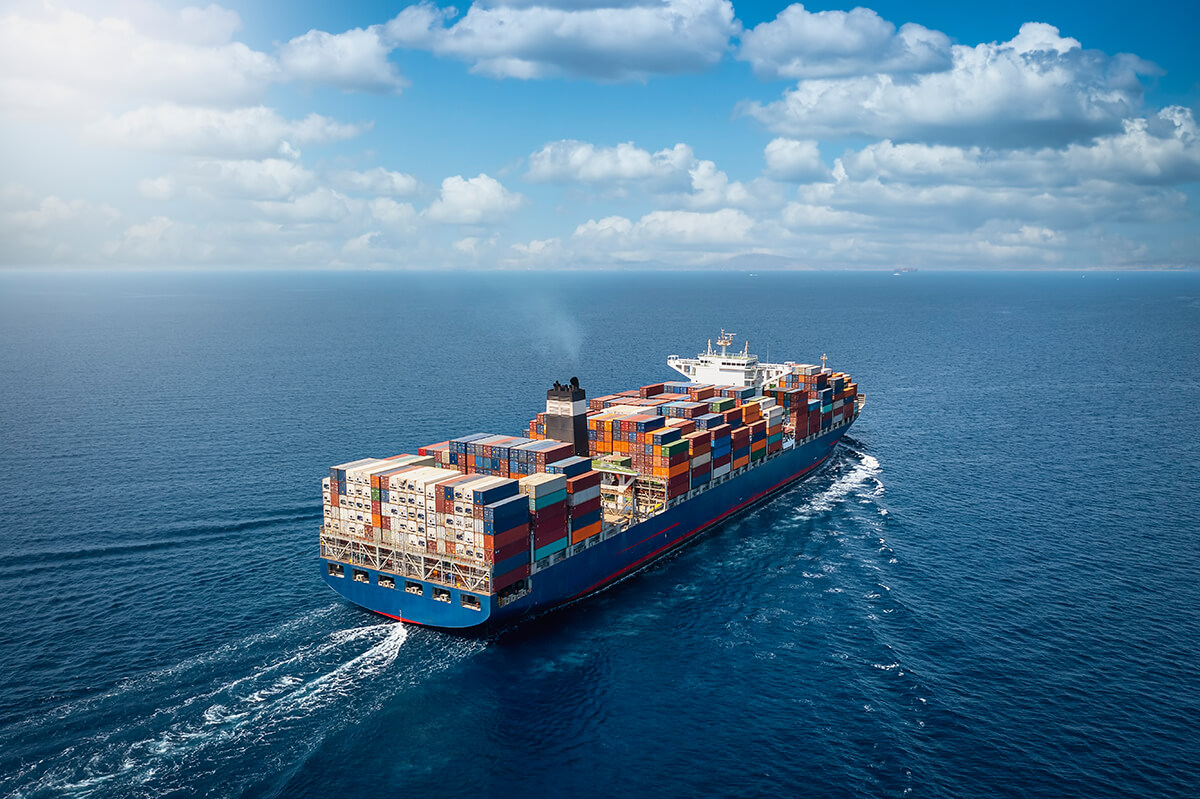
In assessing suppliers from high-risk countries, we use global social responsibility auditing and certification systems, primarily the Amfori BSCI audits. We also accept other social responsibility assessment systems if their criteria correspond to those of the amfori BSCI audit and if the audit is conducted by an independent party. Social responsibility audits and certificates assess, for example, the safety of working conditions in factories, workers' remuneration and working hours, as well as freedom of association and bargaining rights. Child labor and bonded labor are strictly prohibited.
Our principle in high-risk countries is to collaborate only with suppliers who are already included in the scope of social responsibility audits or who initiate the process when cooperation begins.
In accordance with Bergner guidelines, a contractual clause of the amfori BSCI Code of Conduct must be added to supplier agreements.


Bergner reaffirms its commitment to corporate integrity and ethical conduct in all areas of its activity by promoting an organizational culture based on transparency and responsibility. In this context, the company has implemented tools that not only strengthen trust within the organization but also actively contribute to early risk detection, the reinforcement of the ethical culture, and the continuous improvement of internal processes.
Effective governance is based on continuous and open dialogue with our key stakeholders, both internal and external. We have fluid communication channels that strengthen relationships, thus ensuring social responsibility, transparency, and our commitment to the environment.


The main role of the Committee is to improve the decision-making process in such a way that it ensures the cross-cutting compliance of the Sustainability Policy, specifically in terms of the performance of the following roles:

Understanding quality and social commitment as attributes that define the company's DNA, at Bergner we are already certified to ISO 9001-2015 standard, which regulates quality management systems, promoting the adoption of a process-based approach. We are also undergoing the certification process for the SA 8000, the main social certification standard for factories and organizations worldwide providing a general framework that helps certified organizations demonstrate their dedication to the fair treatment of workers in all sectors and in any country.

At Bergner, we are committed to the quality of our product. That’s why we strive to improve each day, complying with regulations, international standards, and adapting to the present and future needs of our customers.
Our vision is to be recognised as leaders in the quality of our products, basing ourselves on our commitment shared with a culture of compliance and continuous improvement of our processes, which highlights the value for the customer as well as for other stakeholders.
This certification reflects our company’s commitment to continue to improve through the monitoring of the management processes we have implemented and drives us to continue working on quality management with the utmost importance, with the aim of a continuous improvement which is customer focussed.
-(1)-(1).gif)
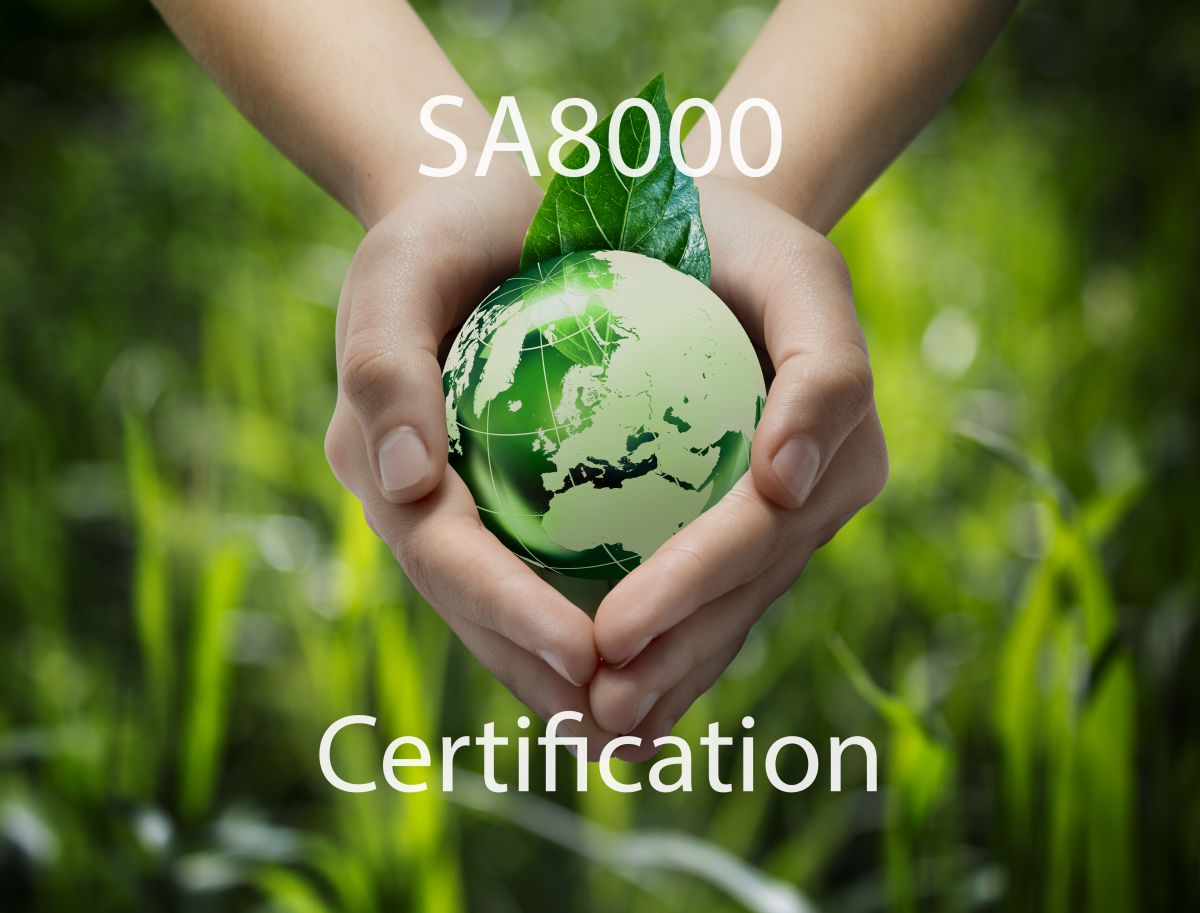

Bergner has obtained the SA8000 Certification the world's leading corporate social certification standard. With this certification, Bergner ratifies the commitment and compliance with ethical working conditions, labor rights, corporate social responsibility, and social dialogue.
The SA8000 certification is one of the most demanding international accreditations in relation to the international rights of workers, including all Bergner suppliers. This certification reflects our company's commitment to continue to achieve a safe work environment, with the ultimate goal of continuous employee-oriented improvement.
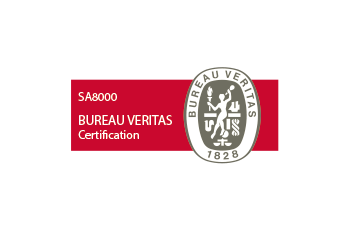
.jpg)
Bergner Europe has been certified in the chain of custody Global Recycled Standard (GRS), by which Bergner can guarantee its customers products made from recycled materials and ensure that it meets the requirements set by the standard.
In addition, this standard ensures that the suppliers we work with make use of recycled materials respecting environmental and social criteria thanks to the procedure implemented in which we have worked to achieve certification.


At Bergner, we are members and we take part in a wide variety of associations where we contribute to promoting progress in different spheres. These include sustainability, research and innovation, among others.
Our efforts not only seek to improve well-being and sustainable economic growth, but also to strengthen society as a whole.
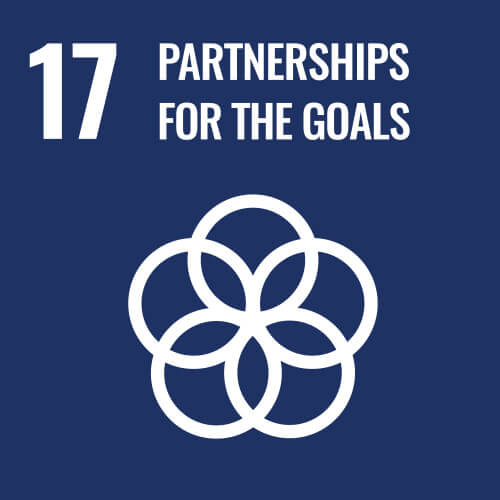
We take part in numerous initiatives which cover all areas of ESG (Environmental, Social, Governance), to move forward together in issues of sustainability and in the exchange of good practices.
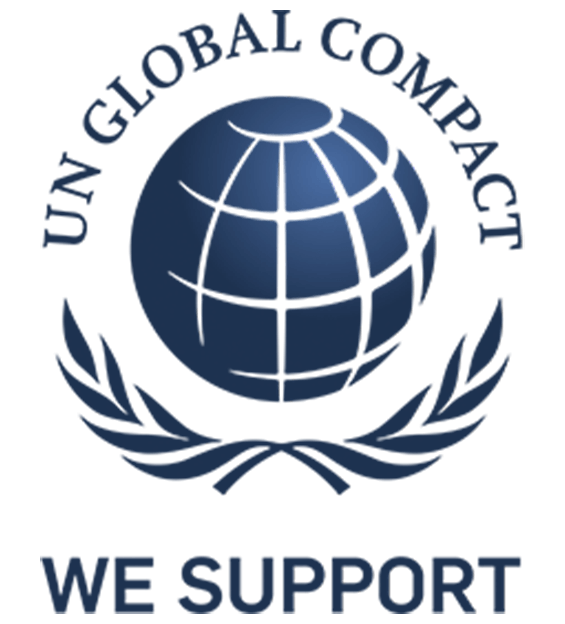
Since 2022, Bergner has committed to the corporate responsibility initiative of the United Nations Global Compact and its principles in the areas of human rights, labour, environment and anti-corruption.






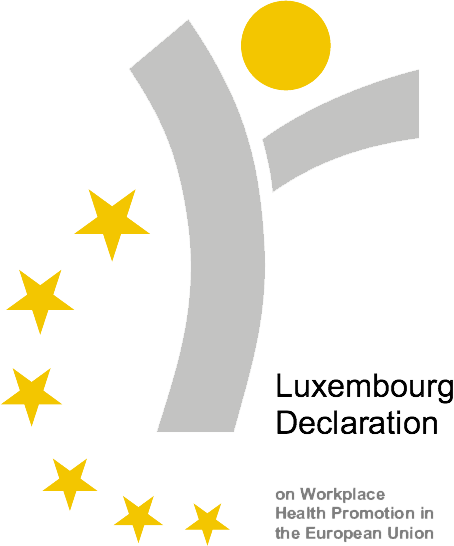





In today's environment, marked by technological change, internationalization processes, sector concentrations and regulatory changes, the answer to the challenges comes from sector alliances.



